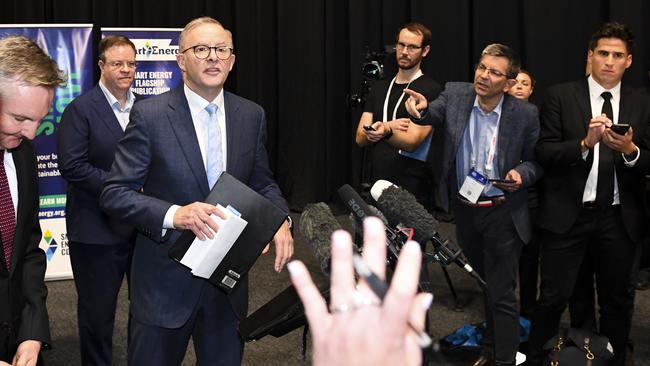
Scott Morrison and Anthony Albanese are facing aggressive media questions on the campaign trail. These questions sometimes look silly and sometimes they expose serious failings. The Prime Minister and Opposition Leader tend to face different pressures from different parts of the media and they both get tetchy at times.
MPs outside the leaders’ camps are frustrated, and it appears the public also is irritated with what can be trivial queries on inconsequential issues. However, while some questions may seem silly and unnecessarily aggressive, the fact “gotcha” questions are deciding the rhythm of the election campaign does not mean necessarily that such questions are superficial.
Journalists in previous election campaigns have asked questions that were considered aggressive and simplistic but that had real cut-through because of the serious issues being debated.
Bob Hawke was asked if he had blood on his hands after he replaced Bill Hayden as Labor leader before the 1983 campaign, and in 1993 John Hewson couldn’t answer how his proposed GST would apply to a birthday cake.
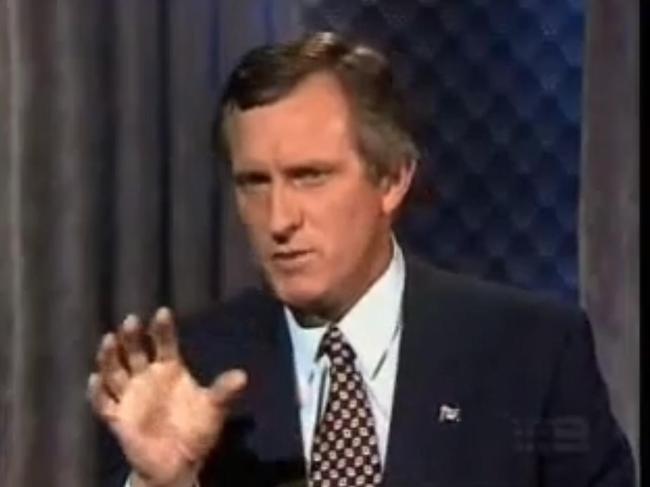
This year’s campaign is more confused, fractured and uncertain than any federal election in the modern era because of the impact of the pandemic, social media campaigns and a disaffection with traditional political parties that has been growing for years.
National polling shows a huge third party, independent or uncommitted vote with big regional differences. This makes it impossible for politicians to really know which issues undecided voters are responding to in the electorate.
One long-term senior Labor campaigner told The Australian: “There’s an inability of polling to properly measure the size of the (vote for the) third parties and especially their preferences. We are like two blindfolded boxers flailing away in the ring making clumsy contact but (with) no real idea.”
Coupled with the lightest of policy offerings from all sides of politics, ignorance of what is actually connecting with undecided voters means leaders’ stumbles have an inordinate effect on momentum. Without a real story running through the campaign, the “gotcha” becomes the story.
Clearly, Albanese has made more mistakes and has had more embarrassing failures than Morrison in the first month and he can’t afford any more. One or two mistakes can be hidden, deflected or forgiven, but an accumulation of failures can be fatal in a campaign that, presidential-style, focuses almost exclusively on the leaders, including in party advertising.
Equally clearly, Morrison has been getting some grilling and has been forced to try to control press conferences.
When the Prime Minister was asked on Saturday, “Why don’t voters like you?”, he responded: “This is not reality television. This is not a popularity contest.
“You can go and vote on The Voice or whatever other program and you can pick whoever you like, and it has no consequences for you individually. Who you vote for on the 21st of May will have very serious consequences for you, your family, the business you work in, the industry you work in, particularly if it’s one of those traditional industries.”
When Albanese was asked repeatedly on Friday whether he would guarantee not to cut the National Disability Insurance Scheme, he responded: “Seriously, this is an example of what puts people off politics. You cannot have a clearer answer than that Labor is putting additional funding into health, education and the NDIS, and we stand by it.
“And you know what puts people off politics? That sort of word game. That is very clear. It can’t be clearer. We stand by our additional funding. That’s not a cut. That’s more funding.”
Obviously under public pressure because of his failure to name key economic indicators or enunciate Labor’s policy on the NDIS, as well as confusion within Labor over the housing equity proposal, the impact on 215 carbon-emitting companies and the future of live sheep exports, so important to Western Australia where the ALP hopes to win three seats from the Liberals, Albanese has lost the most to “gotcha” questions.
He also has suffered more from the suggestion he is being protected by colleagues Jim Chalmers, Chris Bowen, Jason Clare and Tanya Plibersek, who have been called into answer crucial questions on detail and provide time for the Labor leader to be handed copies of the policy.
Albanese has rejected the claim he’s ducking questions by saying he’s part of a team and that Morrison can’t appear with his team because they are in witness protection because of scandals or don’t want him with them because he’s so unpopular.
Despite this, soon after being accused of hiding behind others, Albanese held a press conference on his own.
There are also questions containing commentary that reflects growing aggression and frustration, such as: “Do you think it was unfair to hound you on specific bullet points of the NDIS policy? Do you think that line of questioning was unfair? If so, how are you going to stand up to Xi Jinping if you can’t stand up to us?”
Albanese responded: “People are entitled to ask questions.”
The “gotcha” question has become so entrenched, one journalist, asking a question of Morrison, prefaced it by saying it wasn’t meant to be a “gotcha” question.
When asked to nominate the government’s five-point plan on the NDIS – after Albanese failed on Labor’s six-point plan – Morrison said he couldn’t because that was the plan they took to the last election and now there was a new one. He also flicked off a question, taking up Albanese’s claim that he wouldn’t campaign in seats threatened by Climate 200 candidates, about why he wouldn’t campaign in Josh Frydenberg’s seat of Kooyong: “I did campaign with Josh in Kooyong, you must have missed that.”
At the same press conference he refused to say whether he would resign as leader if he didn’t win a majority and, when told he hadn’t answered, he said: “You get to ask the questions, you don’t get to say what the answer is. My answer to that is that answer lies in the lap of the Australian people.”
Last Tuesday when the official interest rate rose from 0.1 per cent to 0.35 per cent, Morrison was asked if he had “just lost the election”. His response was “Of course not” – and what else would he say? “Yes I’ve lost,” while handing the keys of the Lodge to Albanese?
It’s an old journalistic saying, and I’m an old journalist, that there’s no such thing as a silly question, only a silly answer. But want of real policy debate so far has set the standard for silly questions and silly answers in the federal campaign.


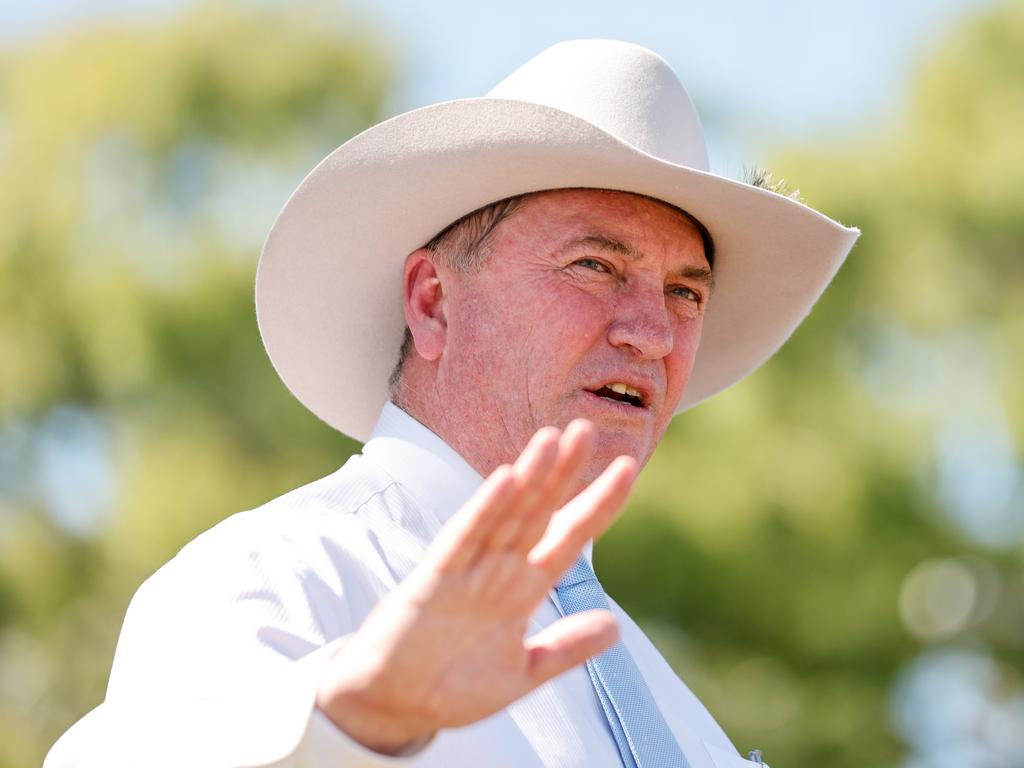
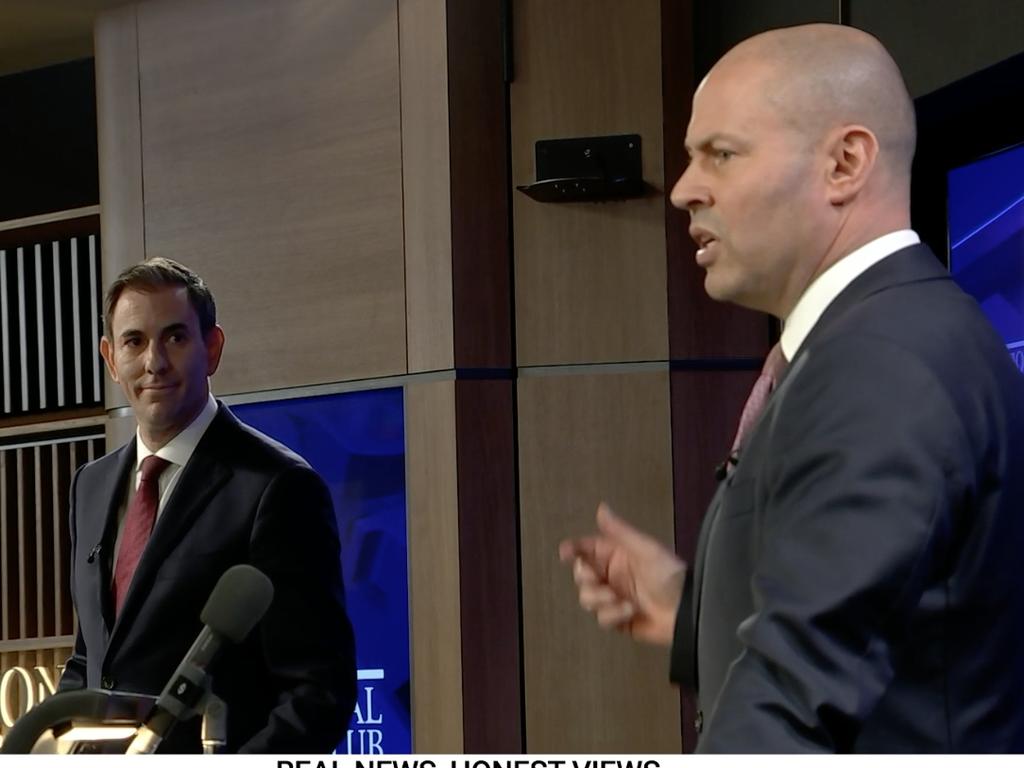
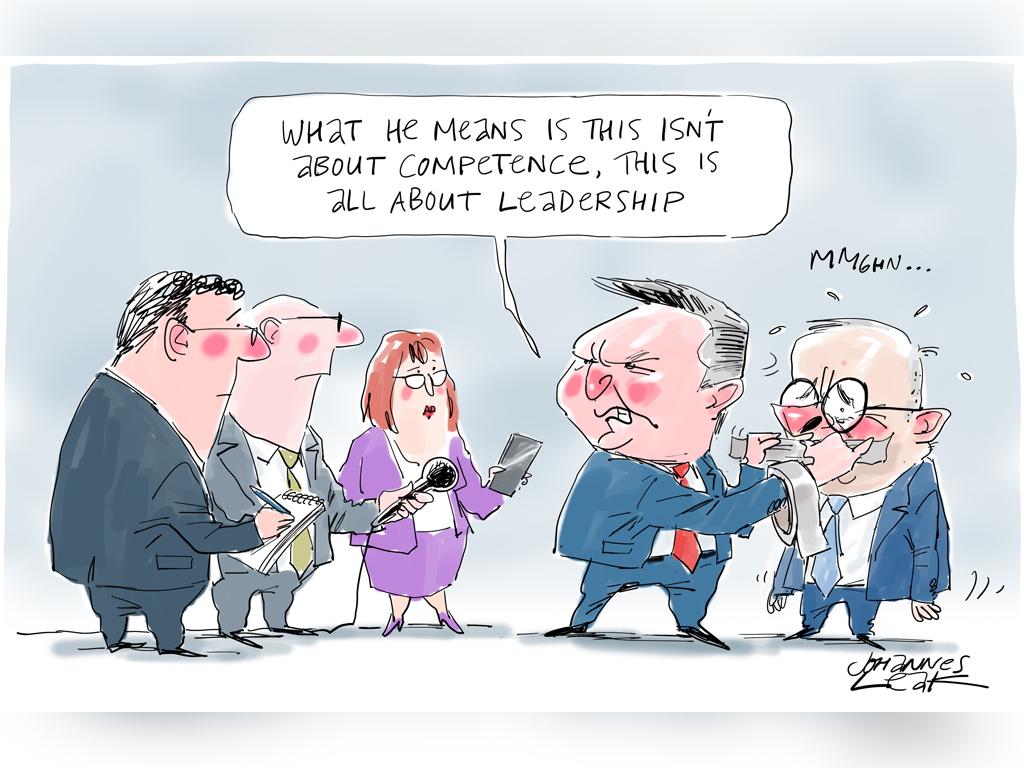


The big question after a month of the 2022 federal election campaign has become: “Is the gotcha gunna getcha?”